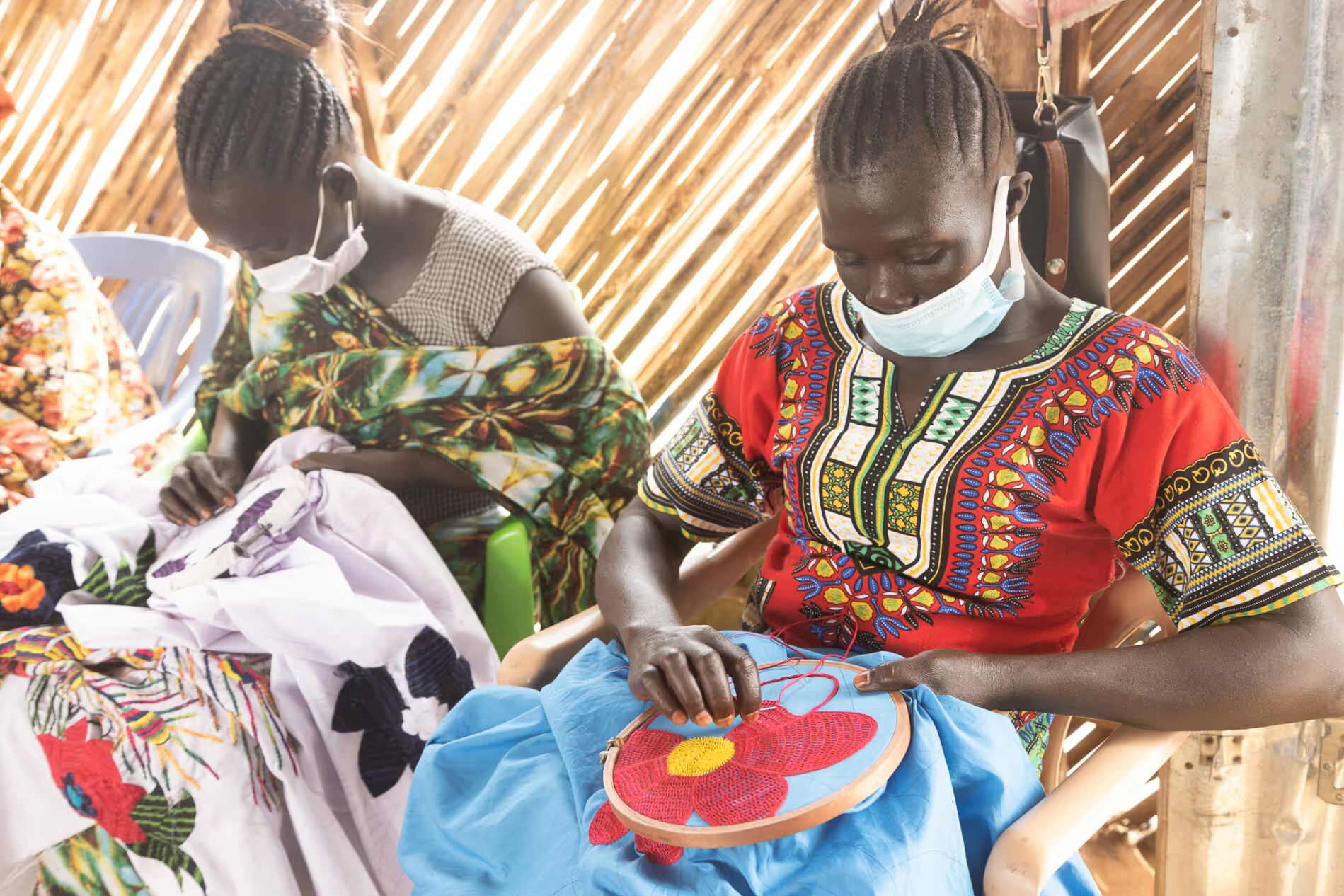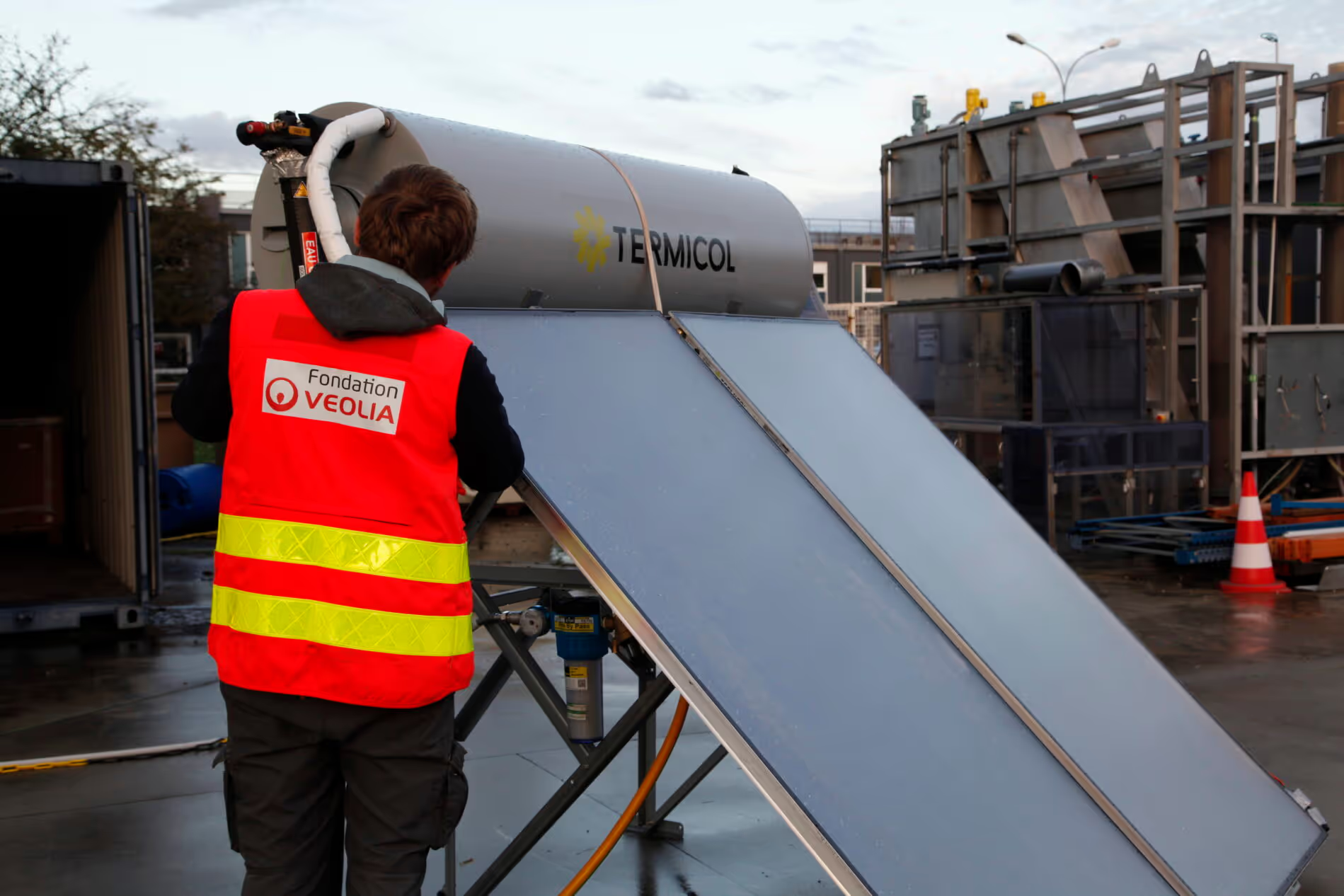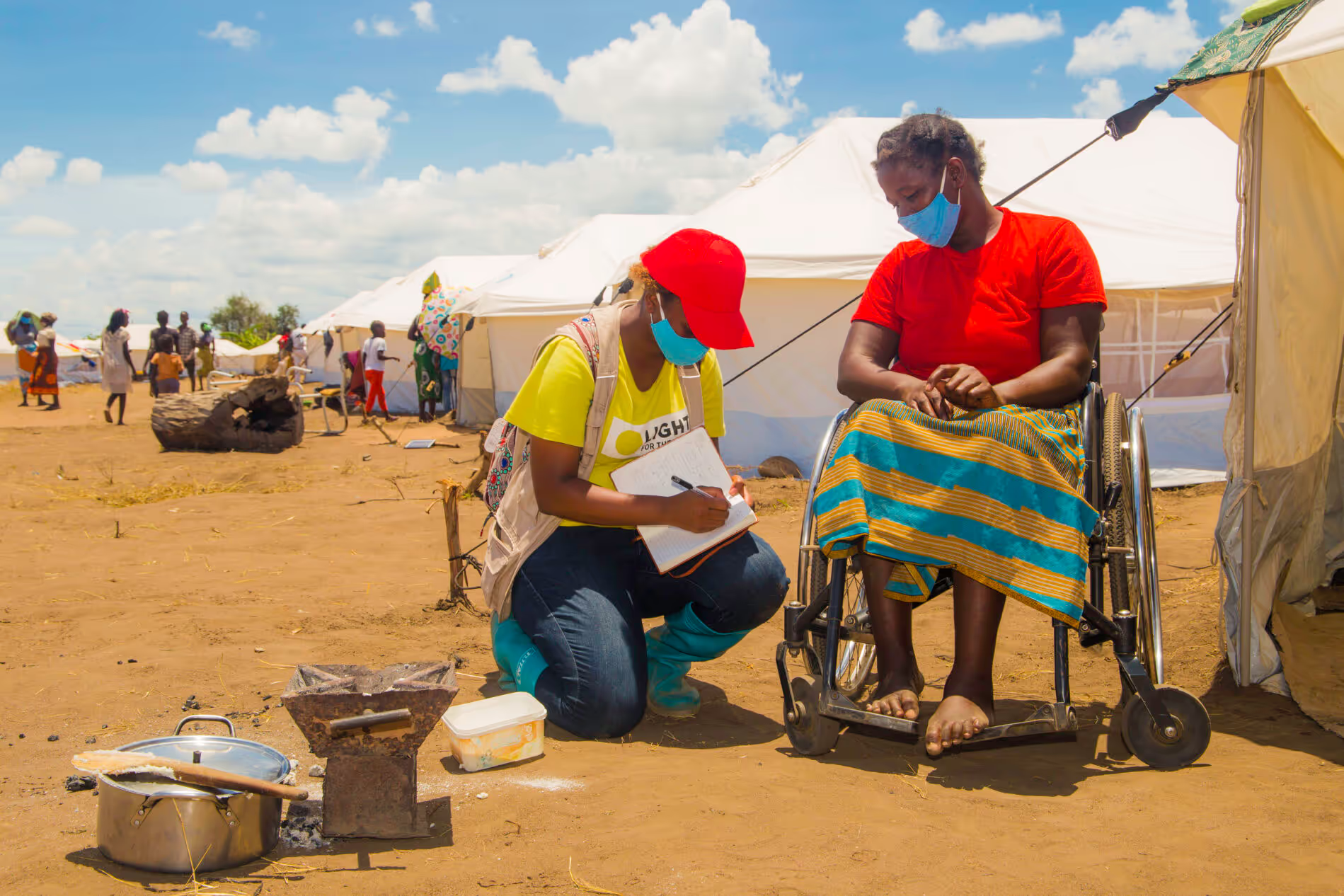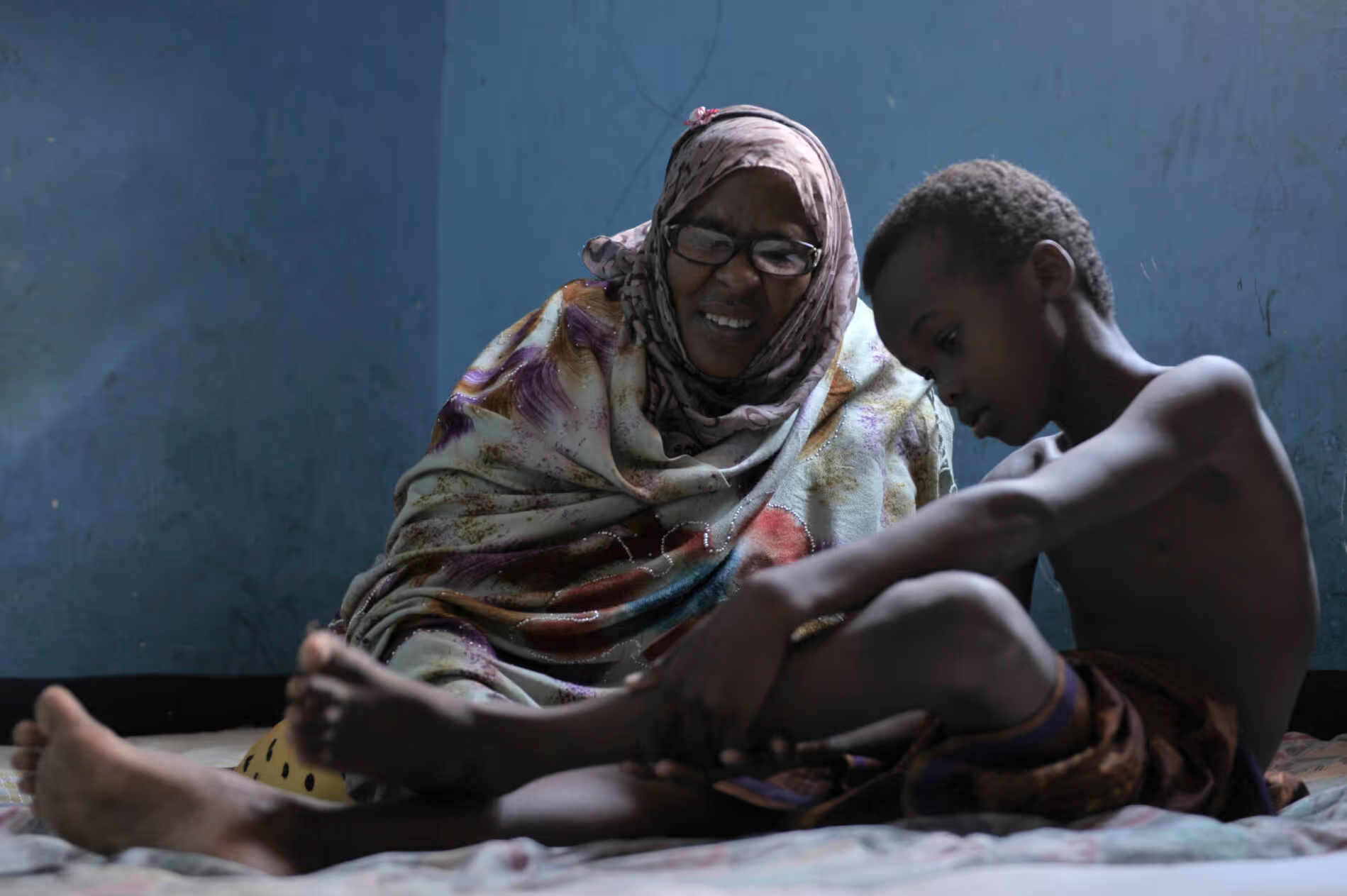The Humanitarian Exchange Language Initiative
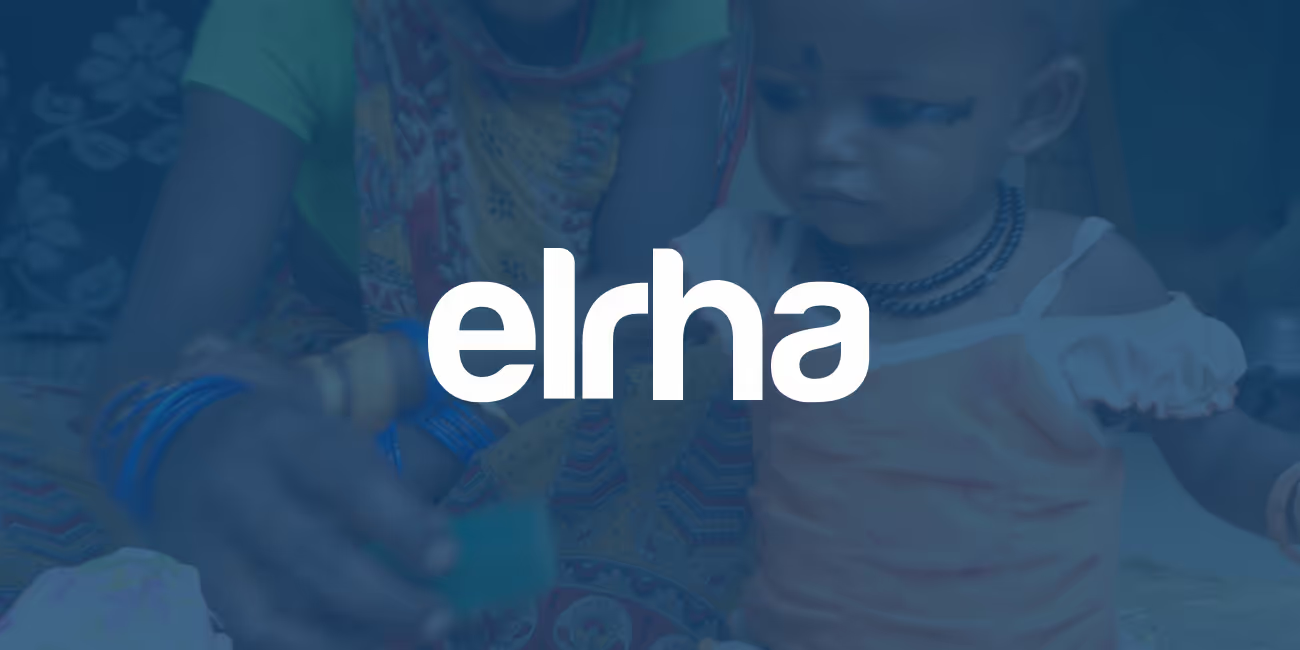
Project overview
UN OCHA aims to make it easier for responders to share critical operational data during humanitarian crises. The Humanitarian Exchange Language (HXL) initiative has two components: community agreement on data standards, and a technical infrastructure for automating simple peer-to-peer data exchange.
Project solution
This project offers [specific solution or intervention] to tackle [challenge]. By implementing [strategies, tools, or innovations], the project aims to achieve [desired outcomes]. The approach is designed to [specific actions or methods] to bring about meaningful change in [community, region, or issue area].
Expected outcomes
This project aims to achieve [specific outcomes], such as [measurable results, improvements, or changes]. The expected impact includes [benefits to the target community, advancements in research or innovation, or long-term effects]. By the end of the project, we anticipate [specific changes or milestones] that will contribute to [broader goals or objectives].
WHAT IS THE HUMANITARIAN NEED?
- Current data for planning and decision support is hard to find during a crisis.
- Data becomes fragmented and isolated in individual partners’ systems.
- Prior attempts that focused on building centralised databases or standardised forms have had limited success.
WHAT IS THE INNOVATIVE SOLUTION?
This is primarily a process innovation for relief coordination and support services, involving a new, decentralised, consensus-based approach for collecting and sharing data across a network of humanitarian partners.
Innovation Phases Description:
- Form a working group to lead the standards effort, with broader outreach to all members of the humanitarian community through mailing lists and other collaboration channels.
- Deploy a technical team to prototype and implement the agreed standards and technical infrastructure in up to two small-scale field pilots.
- Coordinate these groups (working group, technical team and broader community) as they work iteratively towards a consensus version 1.0 release of the HXL standards and recommendations.
WHAT ARE THE EXPECTED OUTCOMES?
- Make better data available to support crisis-response planning and action.
- Improve efficiency by reducing the manual work of collecting crisis data.
- Allow each organisation to remain a custodian of its own data.
- Build a long-lasting open data ecosystem that bridges the disaster-management and development cycles.
- Open up humanitarian data to a wider group of actors, tapping into the potential of the crowd to support humanitarian response.
WHAT IS THE HUMANITARIAN NEED?
- Current data for planning and decision support is hard to find during a crisis.
- Data becomes fragmented and isolated in individual partners’ systems.
- Prior attempts that focused on building centralised databases or standardised forms have had limited success.
WHAT IS THE INNOVATIVE SOLUTION?
This is primarily a process innovation for relief coordination and support services, involving a new, decentralised, consensus-based approach for collecting and sharing data across a network of humanitarian partners.
Innovation Phases Description:
- Form a working group to lead the standards effort, with broader outreach to all members of the humanitarian community through mailing lists and other collaboration channels.
- Deploy a technical team to prototype and implement the agreed standards and technical infrastructure in up to two small-scale field pilots.
- Coordinate these groups (working group, technical team and broader community) as they work iteratively towards a consensus version 1.0 release of the HXL standards and recommendations.
WHAT ARE THE EXPECTED OUTCOMES?
- Make better data available to support crisis-response planning and action.
- Improve efficiency by reducing the manual work of collecting crisis data.
- Allow each organisation to remain a custodian of its own data.
- Build a long-lasting open data ecosystem that bridges the disaster-management and development cycles.
- Open up humanitarian data to a wider group of actors, tapping into the potential of the crowd to support humanitarian response.
Project delivery & updates
Stay up to date with the latest developments from this project. Here, you will find details on what has been delivered, resources created, and regular updates as the project progresses. Access key documents, reports, and other materials to see how the project is making an impact.
Resources
Case study
LEARN MORE


